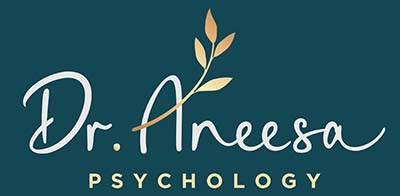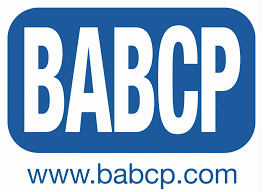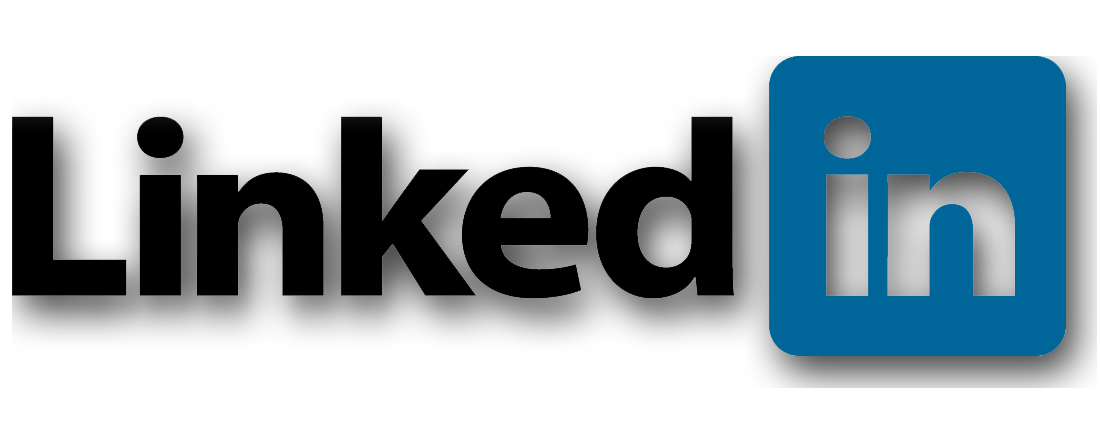How to Stop Night Time Panic Attacks: A Therapist Explains
You wake up in terror, heart pounding, feeling like you can’t breathe, your pajamas are soaked in sweat. It’s 2 am and you’ve been sound asleep in your bed until now. Your thoughts race and you look frantically around the room. It’s hard to understand what’s going on, you’re afraid you are going crazy with all of these middle of the night episodes. Your palms go clammy and your chest feels tight- it’s hard to breathe. You get up, throw open the windows to get some cold air in the room. When that doesn’t work, you end up locking yourself in the bathroom, crying on the floor and waiting for it to pass. When it finally does, you’re terrified of going back to sleep and having another one. If this sounds like you, keep reading…
Why Panic Attacks Occur While Sleeping
Panic attacks are short, time limited episodes of extreme anxiety that occur when the body goes into fight or flight mode. This happens when a rush of adrenalin courses through the body, preparing it for quick action. When we are truly in danger, this response is needed for our survival. Unfortunately, in modern day life, the “panic alarm” often goes off in situations when it’s not needed. Panic attacks that occur at night are called nocturnal panic attacks, and are actually very common.
Even though you may be sleeping peacefully, panic attacks can still occur out of the blue. These episodes can feel even more scary than daytime panic attacks, but although they are fightening in the moment, they are not dangerous. The panic attack itself will usually subside within 10 minutes, but it may take you longer than that to feel calm enough to go back to sleep.
It's unclear what exactly causes night time panic attacks, but people who have daytime panic attacks are more likely to have night time or nocturnal panic attacks too. You are also more at risk of night time panic attacks if you are experiencing a lot of anger, going through a particularly stressful time, or have been diagnosed with depression, obsessive compulsive disorder, a substance use disorder, or insomnia. Some people with thyroid problems also experience nocturnal panic attacks, so it is important to see your GP to rule out any medical causes for them first.
How To Stop Night Time Panic Attacks: Therapist Tips
Once a panic attack has reached a certain level, sometimes it may just need to run its course. It will go away on its own, even if you do nothing. However, there are some ideas that are often helpful in reducing the intensity or duration of a panic attack. These involve a bit of trial and error, as different things will work for different people.
Here are 3 therapist approved ways of helping yourself during a nocturnal panic attack:
- Focus your attention outwards, away from your body: name things you can see around you in the room, any sounds you can hear, the feeling of any blankets or sheets, smells.
- Use cold water: go to the bathroom and splash your face with cold water or take a 2 minute cold shower to help regulate your nervous system
- Engage in guided relaxation before bedtime, such as progressive muscle relaxation. Many free ones are available on Youtube or the Calm app.
Therapy for Panic Attacks
Nocturnal panic attacks are very treatable with a course of cognitive behavioural therapy (CBT). If you are noticing your sleep and mental health being negatively impacted over time, consider working with a specialist anxiety therapist to help you cope with them. CBT is the gold standard treatment for panic attacks and can help you learn how to reset your nervous system by looking at how your thoughts and actions work together to influence panic attacks and your feelings of anxiety.
If you are ready to take the next step in obtaining relief from panic attacks, I would love to hear from you. Please use the contact form on the website today to request a free initial phone consultation.



















